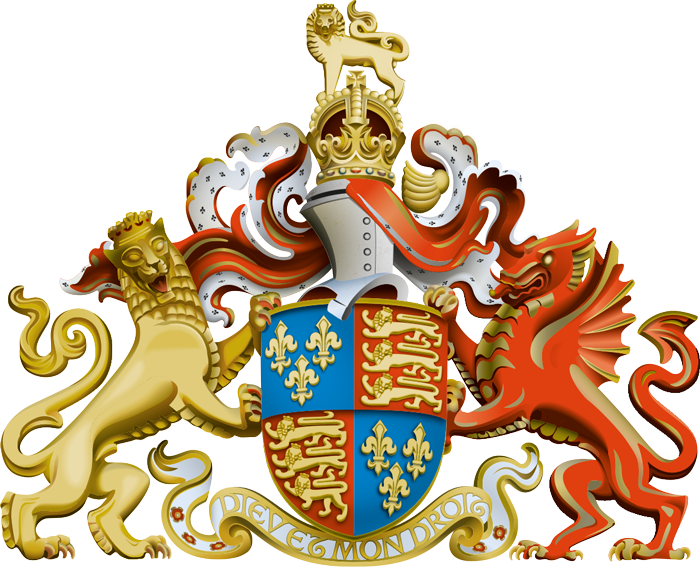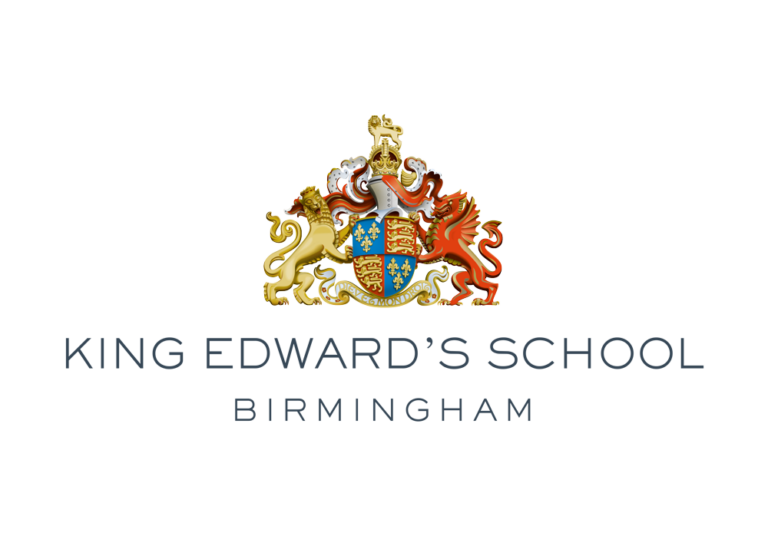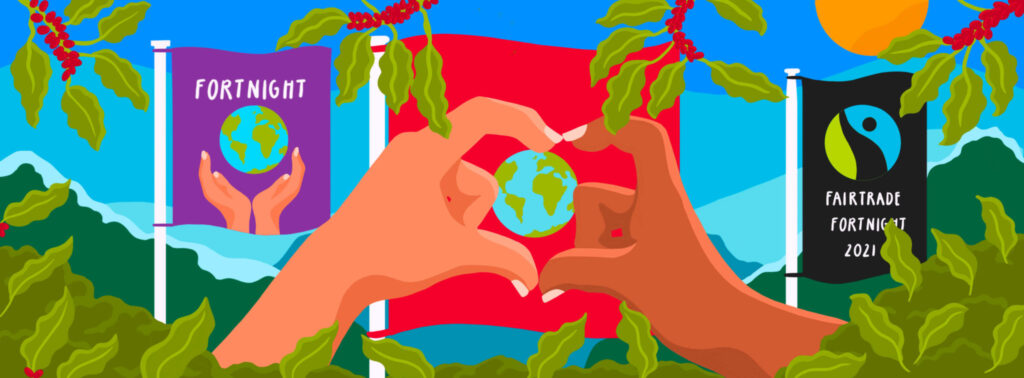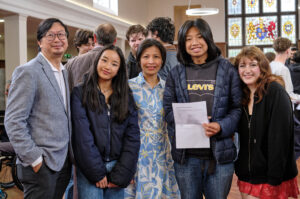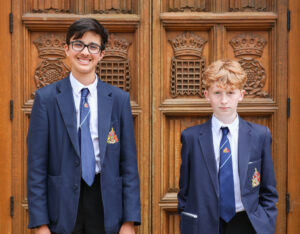On Monday, Amnesty International hosted a talk from Teresa Goatham, a representative of the Traidcraft organisation. In 1992, they started Fairtrade, a global aid foundation determined to manifest better prices, working conditions, local sustainability and overall trade fairness for farmers and other workers in the developed world.
In an increasingly globalised world, it is clear that the choices we make in our daily lives are having impacts which ripple well beyond our own borders. Unfortunately, as we continue to buy imported foods and other goods produced in poorer countries, we have become the demand for a supply production chain rife with unethical practice. This includes issues such as low, inconsistent wages for farmers and placing high, unsustainable demands of produce on these local agricultural workers. Intensive farming in these fragile environments is causing serious problems like mass deforestation, use of harmful pesticides and rapid soil erosion so, as we can see, the farmers are taking the brunt of the issues.
However, Fairtrade attempts to turn the tide on the problem. With the establishment of the Fairtrade Standards, farmers are being trained in sustainable, eco-friendly farming. Additionally, they have a stronger voice as the movement helps them to realise their rights with regards to their wages and the unfair demands put on them, giving them increased financial security through negotiation and the formation of trade unions.
So far, the organisation claims to have 1.7 million farmers and workers in certified producer organisations and 2018 figures suggest that Fairtrade injected £166.2m into local economies of producers from the Fairtrade Premium. The premium has been a huge success and continues to be an excellent opportunity for shoppers to stop and consider that paying an extra 30p for some Fairtrade bananas will provide much-needed support for some poorly treated farmers. The small sticker which we see on produce in our local shops is a powerful symbol that should encourage us all to reflect upon sustainable and ethical consumer choices. Consumers like ourselves can no longer make uninformed decisions on our chosen foods, especially when organisations like Fairtrade make it so easy to make the right decisions.
Each year, the Fairtrade Fortnight event encourages us to take the time to celebrate and appreciate the people who grow our food and drinks; individuals who are often “exploited and underpaid” as the organisation states. So, likewise, I implore you to take the time today to head to the website and listen to their stories, their challenges. Most importantly, when you go shopping, spare a thought for that Fairtrade symbol. Your choice of food can change a life.
Image courtesy of: Fairtrade.org.uk
